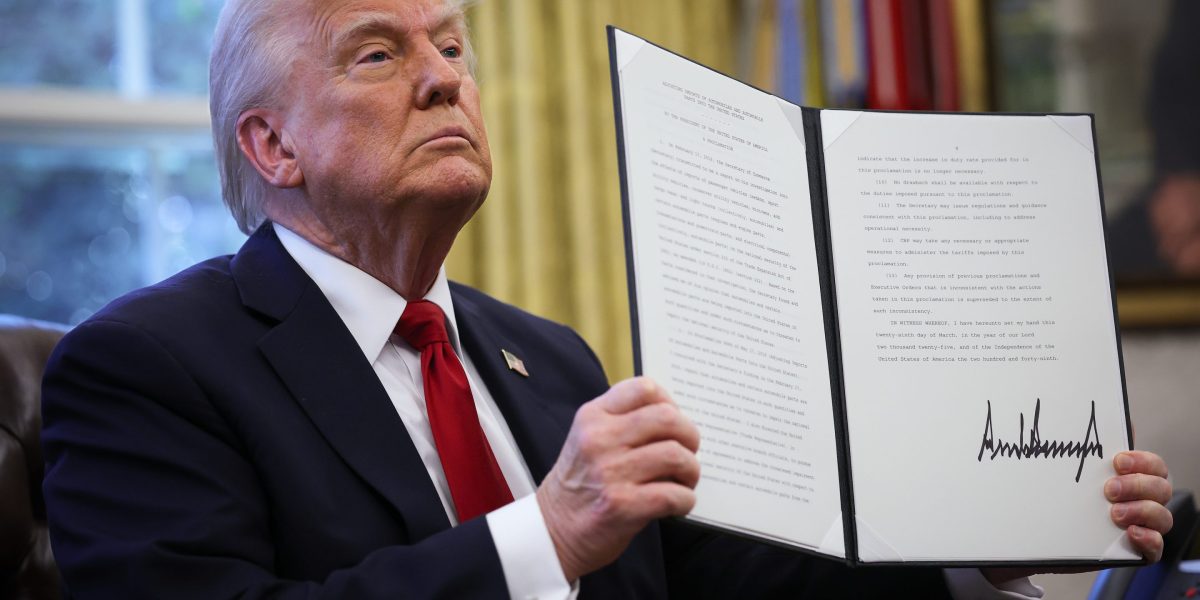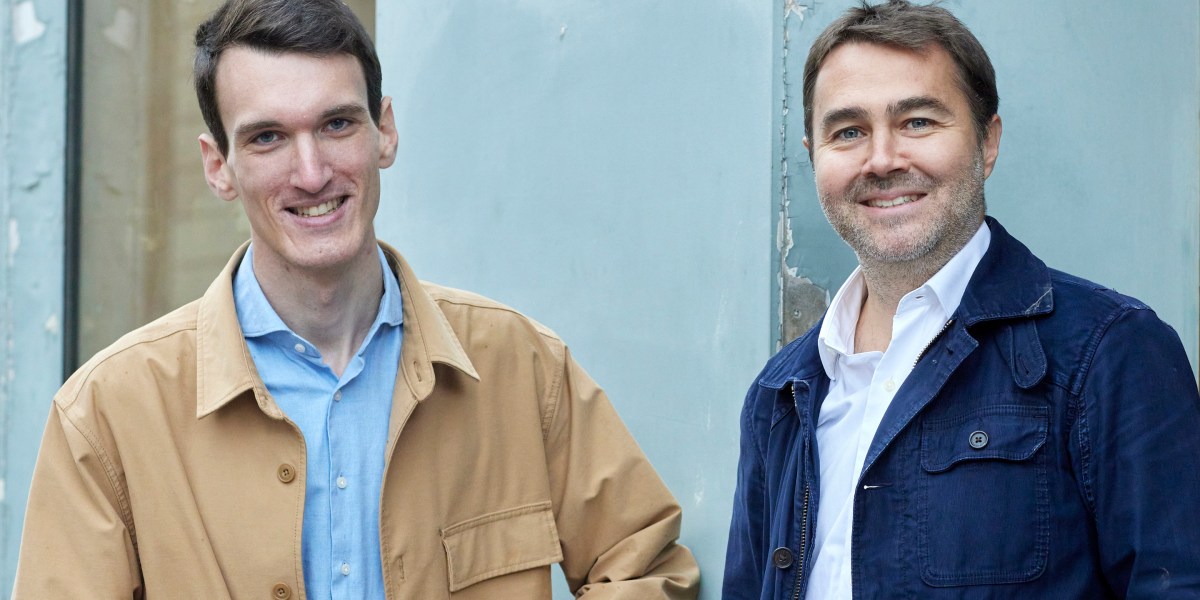After just two weeks in theaters, “A Minecraft Movie” is already the highest grossing Hollywood release of 2025.
The Warner Bros. videogame adaptation followed up its blockbuster opening with a second weekend of $80.6 million in ticket sales, according to studio estimates Sunday. Worldwide, it’s quickly surpassed $550 million.
After doubling expectations in its $300 million global debut, “A Minecraft Movie” continued to draw audiences unlike anything else this year. The film, directed by Jared Hess and starring Jack Black and Jason Momoa, slid 50% in its second go-around in U.S. and Canadian theaters — an impressive hold after such a big debut.
Though critics slammed the movie (46% “fresh” on Rotten Tomatoes) and audience scores were merely good (a “B+” CinemaScore), “A Minecraft Movie” latched on with moviegoers who have increasingly turned out in droves for big-budget videogame adaptations.
“A Minecraft Movie,” a $150 million co-production of Warner Bros. and Legendary Entertainment, has helped -– at least for now -– reinvigorate theaters after a dismal start to the year. Overall ticket sales were double that of the same weekend in 2024, according to Comscore. Before “A Minecraft,” box office revenues trailed last year’s by 11%, but have now virtually pulled even. (2025 grosses still trail 2019’s by 31%, according to Comscore.)
None of the weekend’s new releases — Angel Studios’ “The King of Kings,” the Walt Disney Co.’s “The Amateur,” Universal Pictures’ “Drop” or A24’s “Warfare” — came close to challenging “Minecraft,” but several films outperformed expectations.
“The King of Kings,” an animated tale of Jesus’ life aimed at Christian audiences, came in second with $19.1 million in 3,200 theaters. The film, loosely based on a children’s book by Charles Dickens, includes a starry voice cast led by Oscar Isaac, Kenneth Branagh and Uma Thurman.
With an enviable “A+” CinemaScore from audiences, “The King of Kings” is posed to capitalize in the coming week before Easter. Part three of Fathom Entertainment’s TV series, “The Chosen: Last Supper,” also looked to appeal to Christian audiences. It launched with $6.2 million from 2,296 cinemas.
“The Amateur,” a 20th Century production starring Rami Malek as a CIA cryptographer hunting down his wife’s killers, debuted with $15 million domestically, plus another $17.2 million overseas. Critics deemed the revenge thriller an awkward star vehicle for Malek, who also produced. “The Amateur” cost $60 million to make.
“Warfare,” director Alex Garland’s follow-up to 2024’s “Civil War,” opened with $8.3 million in ticket sales from 2,670 theaters. Garland co-wrote and co-directed the A24 release with Iraq War veteran Ray Mendoza, who based the film on 2006 mission he and his fellow Navy SEALs undertook during the war. “Warfare,” which cost about $20 million to make, was lauded by critics as an uncommonly realistic portrait of combat.
“Drop,” the latest thriller from Blumhouse Productions, debuted with $7.5 million from 3,085 theaters. Christopher Landon’s film stars Meghann Fahy (“The White Lotus”) as a single-mom widow on a first date (Brandon Sklenar) who’s being terrorized by an unknown person by messages to her phone. “Drop,” which premiered at SXSW, cost less than $10 million to produce.
Top 10 movies by domestic box office
With final domestic figures being released Monday, this list factors in the estimated ticket sales for Friday through Sunday at U.S. and Canadian theaters, according to Comscore:
1. “A Minecraft Movie,” $80.6 million.
2. “The King of Kings,” $19.1 million.
3. “The Amateur,” $15 million.
4. “Warfare,” $8.3 million.
5. “Drop,” $7.5 million.
6. “The Chosen: Last Supper (Part 3),” $6 million.
7. “A Working Man,” $3.1 million.
8. “Snow White,” $2.8 million.
9. “The Woman in the Yard,” $2.1 million.
10. “The Chosen: Last Supper (Part 2),” $932,106.
This story was originally featured on Fortune.com
Source link


 Entertainment8 years ago
Entertainment8 years ago
 Politics8 years ago
Politics8 years ago
 Entertainment8 years ago
Entertainment8 years ago
 Entertainment8 years ago
Entertainment8 years ago
 Tech8 years ago
Tech8 years ago
 Tech8 years ago
Tech8 years ago
 Tech8 years ago
Tech8 years ago
 Politics8 years ago
Politics8 years ago






